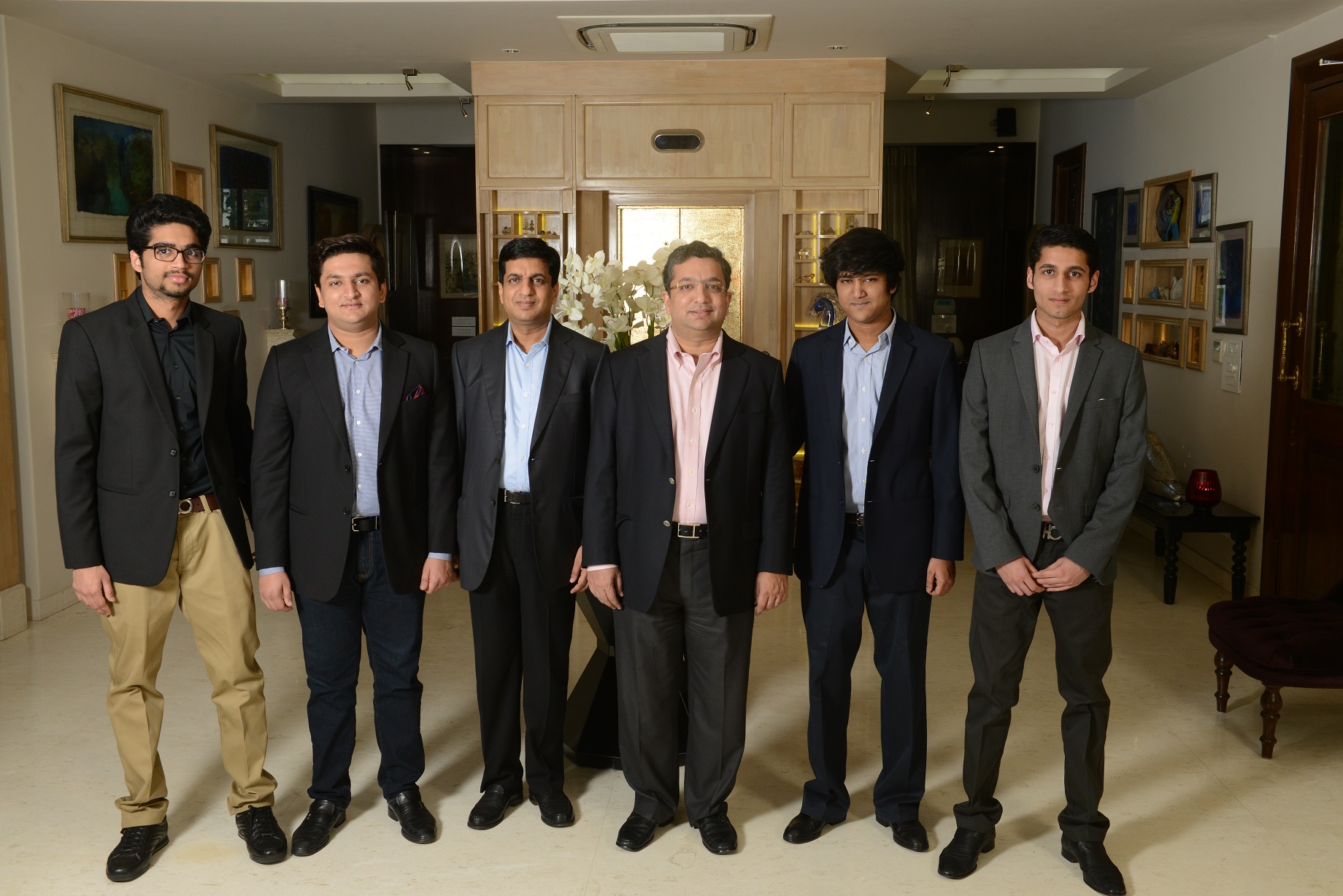
Family Business – Creating an Institution
Simply put, a family business is an entity owned by a family wherein all decisions are influenced and impacted by its members. In most such businesses, the senior most executive – CEO/CMD – are individuals within the family.
There are several advantages of a family run business. These include agility, faster decision making, stronger customer relationships, trust, commitment to business, stability of the CEO, wealth of experience passed over generations and a quicker ability to scale up. There are also certain disadvantages like lack of communication within family members causing misunderstandings, resistance to innovate or change, threat of sibling rivalry leading to ego clashes, lack of processes, governance, policies and professionalism amongst others.
Statistical data proves that only one-third of family businesses globally make a successful transition into the second generation. Alarmingly 95% of such businesses fail to transition into the third generation as this means change of management, systems and culture. Generally founders don’t give up control and power as they are extremely connected to their businesses. This results in tension, division, split and erosion of brand equity and values created over the years.
The key to managing and preventing such a scenario is effective succession planning. Open communication and alignment between family members is crucial to ensure that the business is ‘objective’ driven.
We decided to have a written family constitution to ensure growth of both the family and the business. This is an attempt by us to articulate our philosophy to serve the family for the present and the future. The constitution is an effective answer to sustainability & institutionalisation of family business. With technology disrupting a lot of old business models, it is important to ensure that family businesses don’t suffer or disintegrate due to other challenges.
A family constitution sets operating principles and practices. It outlines family vision, values and more importantly privileges and responsibilities of family members towards the business. There is also a family board whose responsibility is to ensure regular meetings between members of the family to keep the family aligned on the principals of integrity, trust and transparency. In such meetings, there is every effort to meet the aspirations of each family member and give him or her ample freedom.
Emphasis is asserted that relationships within the family is prime and beyond financial interests. The strong foundation is on love, bonding and togetherness. There is also emphasis on equality with a fair understanding of the fact that ‘equal is not always fair and fair is not always equal’.
The alignment of family members to the philosophy that what is good for family is good for me and likewise ‘what is good for business is good for family’ is necessary. The business ‘needs to work for the family though family necessarily need not work for business.’
Succession planning is critical for long term sustainability. Gaining external job experience, hands on experience of the family business, rising through the ranks, training, career development plan, score cards, 360 degrees feedback, performance based appraisals and finally mentoring from trusted people are focus areas which leads to success.
Mentors for such businesses are generally trusted people from within the business or people closely known to the family who would be non-biased and keep both the family and business objectives in mind. The family constitution document should define processes to be followed around all these key areas for smooth succession planning and transition.
We believe that the purpose of wealth is to ensure financial security and togetherness of the family. Our belief is that as trustees, we are mere custodians of our wealth. It is also important that we give back to society and the less priviledged through philanthropy. Our foundation is involved in several social causes and I personally intend to get into it actively in a few years after I pass on the baton to the next generation.